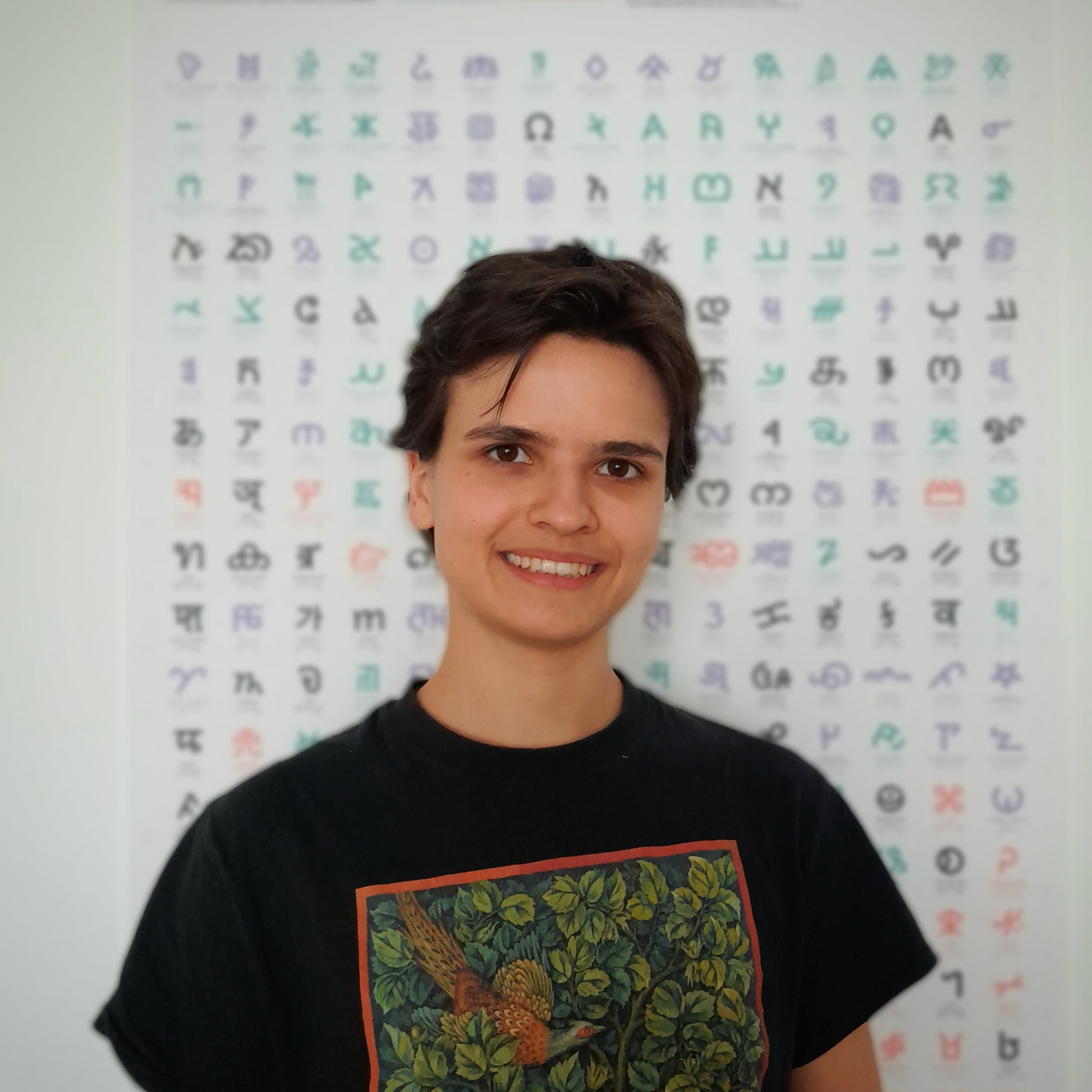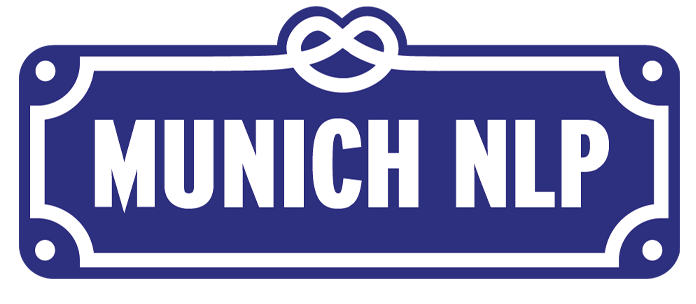October '25 Meetup: Munich🥨NLP x MCML
This event is organized in collaboration with MCML.
 …and sponsored by Python Software Verband e.V.
…and sponsored by Python Software Verband e.V.
Location
Oettingenstr. 67, 80538 München, Room 151 - Google Maps Link
About this Event
Agenda:
Begin of the event 6pm, Oettingenstrasse 67, Room 151
6:00 to 6:15pm: Open doors and welcome by MCML and Munich NLP
6:15 to 6:45pm: Verena Blaschke, PhD Student, LMU & MCML Title of the talk : Bavarian NLP: How (and why) to process dialect data
Abstract: Natural language processing (NLP) has improved by leaps and bounds when it comes to processing data from standardized languages with plenty of available data, like German. However, NLP lags behind when closely related non-standard varieties are concerned, such as Bavarian dialects. I will give a brief overview of some of the challenges we face in dialect NLP: To start with, there is a general lack of high-quality data. On the technical side, subword tokenization methods sometimes struggle with ad-hoc pronunciation spellings, and evaluation metrics do not necessarily take into account linguistic variation. Furthermore, I argue that we should not only consider how to tackle dialectal variation in NLP, but also why, as the technology needs of dialect speakers can be different from those of standard language speakers.
6:45 to 7:15pm Jenya Sukhodolskaya, Developer Advocate, Qdrant Title of the talk: miniCOIL: Sparse Neural Retrieval Done Right
Abstract: I’ll present miniCOIL, an attempt to make a sparse neural retriever as it should be: a lightweight exact matches-based retrieval model with semantical understanding, that is performant on out-of-domain data.
7:15pm: Networking with Food and Drinks
Speakers

Verena Blaschke is a PhD student at the MaiNLP research group (LMU Munich), supervised by Barbara Plank and co-supervised by Hinrich Schütze. Her research currently focuses on NLP for dialects and low-resource language varieties.
Previously, she completed a Bachelor’s and Master’s degree in computational linguistics at the University of Tübingen, where she was also part of Johannes Dellert’s team developing software for machine-assisted historical linguistics. She has also completed an internship in Apple’s ML research group, working on crosslingual NLP.
Jenya Sukhodolskaya is doing Developer Relations at Qdrant with 8 years of IT experience across software engineering, machine learning, and technical management, and 4 years in Developer Advocacy. She holds a Master’s in Machine Learning, Data Analytics, and Data Engineering. Passionate about NLP, data-centric AI, and the role of vector databases in advancing AI technologies.
